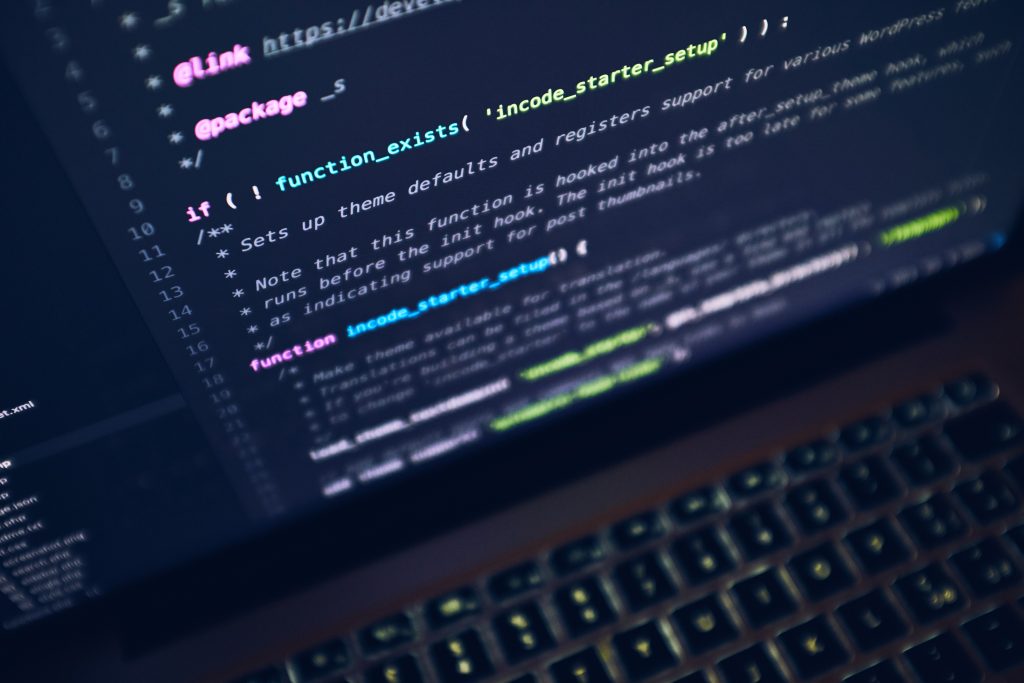Technology caused the birth of online poker. It has always been an integral part of the online gaming industry. If you think about it, the internet created and revolutionised poker, taking it from the exclusive domain of the casino card rooms and bringing it to millions of people all around the world.
Online poker sites could offer players a lot that brick-and-mortar casinos couldn’t. They granted players an accessible platform to enjoy the game. Over time, as the popularity of online poker snowballed, sites added more games, features, options and bonuses.
The internet is the obvious starting point for any discussion about technology and online poker, but the story certainly doesn’t stop there. Since the early days of online poker and the big boom of the 2000s, technology has continued to have an impact on the world of online poker.
Examining the role of technology in gaming also reveals the double-edged sword that exists in society. Technology often comes at a price. In online poker, just as in most aspects of life, technology can both add to and destroy elements of the game. Let’s delve a little deeper.
Online Sites Continue To Evolve
The rules of poker have remained essentially the same as they always have been. In Texas Hold’em, players can choose from several options on each round of betting, such as check, call, fold or raise. There are other popular formats, such as Omaha and Stud variations, both of which can occasionally be found at casinos.
However, online poker sites take game selection to a whole new level. They offer players dozens of twists on original formats like Texas Hold’em, resulting in games that are fast-paced and exciting or have extra features such as bounties or random prizes.
Online sites have continued to evolve, driven by advancements in technology. Nearly all major poker sites now have mobile apps, bringing in a new market and even more accessibility. Online casinos also offer live casino games, with live stream links to real studio dealers.
Tools and Technology Used By Players
It’s not just the online poker sites that are using technology to get ahead. The players themselves are also trying to gain an edge with the use of tools and tech.
The main technologies used by players to enhance their game are poker trackers and HUD software, such as Poker Tracker or Hold’em Manager. This tool records all of the player’s hand histories with their opposition and converts the data into well-presented stats. The player can draw on this useful information to make better decisions at the tables.
There’s a lot of other technologies that players can use (such as poker calculators) to work out how much equity they have in the hand, as well as advanced training sites with hand simulations for quick learning. None offer quite the edge that tracking software can.
The use of technology is an obvious advantage for those who use it for their poker game, but you could make an argument that this upsets the balance of skill in the game. Those who do not use the tool—whether because they are recreational or more traditional—are at a disadvantage, perhaps even if they are as skilled as those who opt in.
AI Poker Bots

Poker is a game of incomplete information. It is also believed that multi-way poker has no ‘Nash Equilibrium’ (in other words, no single best way to play the game). This has always made poker tough ground for AI. The early models, such as Claudico, couldn’t beat human players consistently. Actually, human players could easily outwit these early bots.
As technology has advanced, the AI has proven itself worthy of competition. The poker bot Liberatus took on four poker pros and came out on top with the equivalent of $1.7 million chips.
This is the perfect example of the double-edged sword of technology that we mentioned earlier. Yes, it’s interesting that AI can learn poker, but these bots could ultimately threaten the online poker world, just as automation threatens job security and structures.
Researchers from Carnegie Mellon University and Facebook recently tested out the poker bot Pluribus. It succeeded in wiping the floor with the pros, earning the equivalent of $1,000 an hour in a 6-handed game of Texas Hold’em. Pluribus is so good that the developers are not releasing the algorithm for fear that it will ruin online poker.

